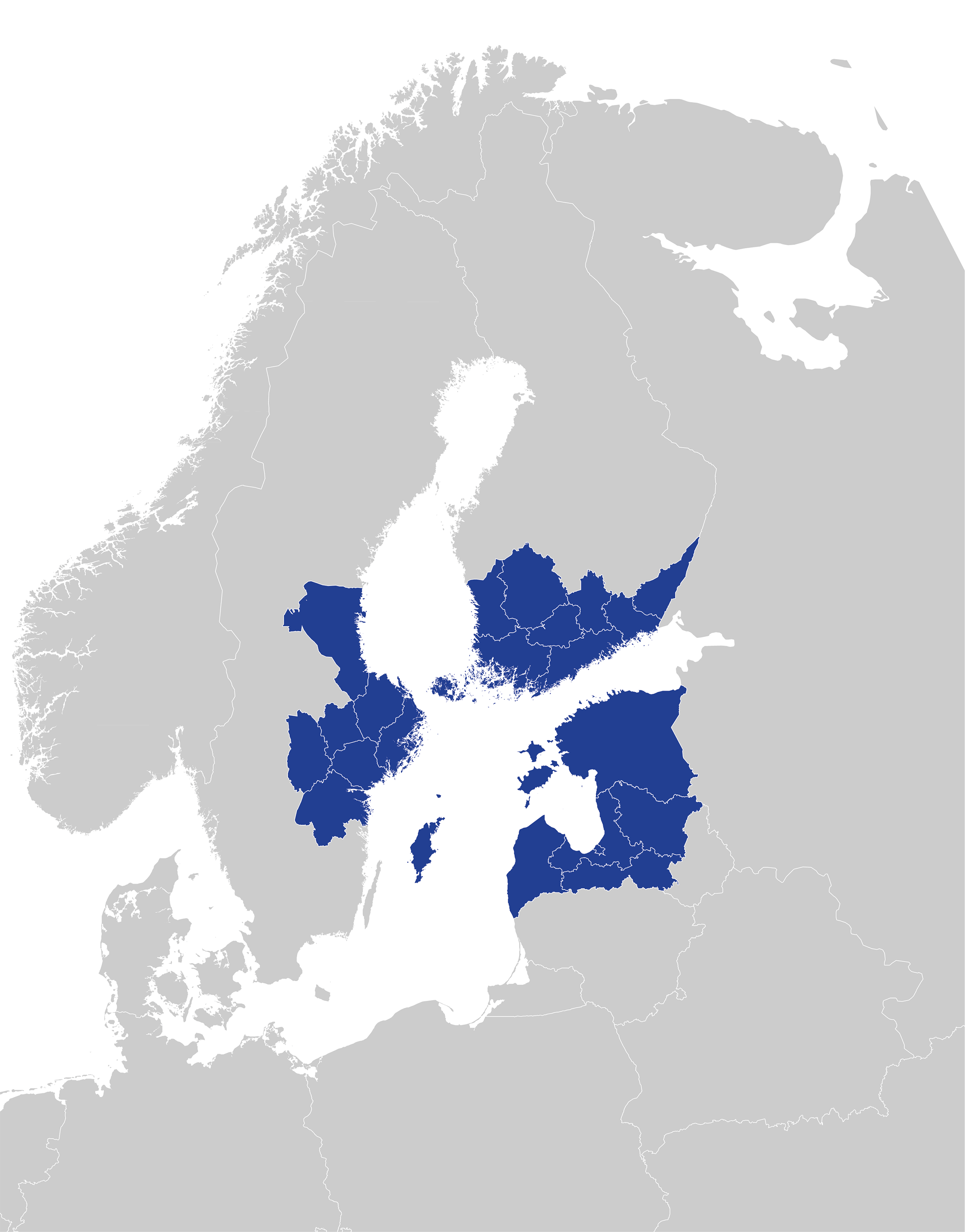This is development site
BALTIC2HAND
BALTIC2HAND

BALTIC2HAND
The joint cross-border challenge that the project tackles is the underuse of textile. It is caused by a lack of circularity in the textile and fashion industries leading to an overflow of textile waste. All CB countries must work together to find solutions to prevent unnecessary used textile exports from Finland and Sweden to Estonia, Latvia, and elsewhere.
The project aims to improve textile reuse and reduce textile waste, which will be achieved through improving the business models of second-hand companies and other companies that want to add a second-hand operation to their business and also through enhancing consumers’ use of second-hand market as both sellers and consumers.
The main outputs of the project are: a set of improved business models and concepts; a library of consumer nudges; a set of stakeholder management and commitment activities; an open-access digital platform; online educational materials for industry professionals and students; scoping reviews of the current state, problems and opportunities in the second-hand textile market.
The main groups that benefit from the projects are second-hand companies (charities, SMEs) and other fashion and textile companies that would like to add second-hand operations to their business, business support organizations, and consumers.
The project applies a service design approach. It offers a carefully-designed and industry-tailored set of innovative co-creation activities with organizations, consumers, experts, and other stakeholders. The activities include research for defining current problems and needs of the industry and consumers; regional cross-border workshops for ideation, concepting, prototyping, testing and piloting of innovative solutions; local co-creation workshops; implementation coaching; stakeholder management and commitment activities and open online education. The solutions will be piloted by UFF Finland along with other companies.
Expected results
The project aims at improving the textile chain to increase textile reuse and decrease textile waste in the second-hand textile market of the CB region. The improvement measures are sales increase of reused textile (item) and decreased waste (kg) measured before and after new business models or nudges are piloted or put into use. The baseline proposal is +1-5% increase in reused textile sales and/or +1-5% decreased waste. The baseline figures for each organization must be recorded (set) as soon as the organization joins activities and information is available. Results are reported in period 6. Part of the positive effect will likely take place after the project ends. The information on measurements is confidential and is reported in general way. Measuring consumers’ behavioral change is connected to organizational developments. The more effective consumer nudging leads to secondhand business development and improved chains.
Duration 01.04.2023 - 31.03.2026
Total budget
Programme priority
Improved environment and resource useProgramme objective
PO3 - Joint circular economy solutionsLead partner
Laurea University of Applied Sciences


Find BALTIC2HAND on social media